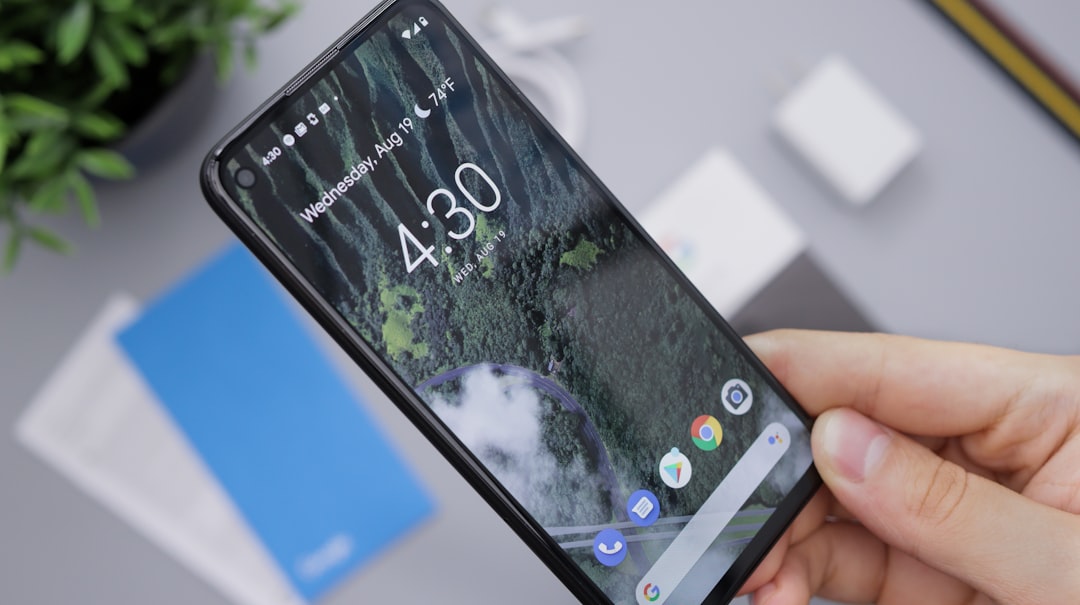In North Dakota, strict hands-free device regulations prioritize driver safety by prohibiting activities like texting while driving. Violations result in fines up to $200 and points on driving records. Consulting a lawyer specializing in Do Not Text Laws North Dakota is crucial for understanding exceptions, protecting rights, and navigating legal complexities. By adhering to these laws, residents contribute to a culture of responsible and safe driving.
“North Dakota has implemented hands-free device regulations as part of its Do Not Text While Driving laws, aimed at enhancing road safety. This comprehensive guide delves into the intricacies of North Dakota’s hands-free device laws, clarifying who the rules apply to and which devices are permitted. We also explore penalties and exceptions, ensuring you’re informed about what’s expected of you on the road. If you require legal advice regarding Do Not Text Laws in North Dakota, consulting with a specialized lawyer is crucial.”
Understanding North Dakota's Hands-Free Device Laws
In North Dakota, understanding and adhering to hands-free device regulations is crucial for all drivers. The state’s laws are designed to reduce distractions on the road and promote safety. According to these regulations, drivers are prohibited from holding or operating any electronic device while driving. This includes sending text messages, accessing social media, or engaging in any activity that requires manual interaction with a handheld device.
To ensure compliance, it’s important for North Dakota residents to familiarize themselves with the rules. A lawyer specializing in Do Not Text Laws North Dakota can provide valuable guidance and support. They can help clarify any uncertainties, offer practical advice on implementing hands-free practices, and represent individuals facing penalties or charges related to these regulations. Staying informed and following the law not only keeps drivers safe but also contributes to a more responsible and mindful driving culture.
Who Does the Law Apply To and What Devices Are Included?
The hands-free device regulations in North Dakota are designed to ensure safe driving practices, targeting specific types of drivers and devices. This law applies to all drivers operating a motor vehicle within the state, regardless of age or license type. The primary focus is on preventing distractions while driving, especially the use of mobile communication devices.
Under this regulation, a “hands-free device” refers to any electronic device that allows for voice interaction without requiring manual operation. This includes mobile phones, smart speakers, and in-vehicle information systems. However, it explicitly excludes devices used solely for navigation or with dedicated hands-free capabilities built into the vehicle. Drivers found using these prohibited devices while behind the wheel may face penalties, including fines, as advocated by a lawyer specializing in Do Not Text Laws North Dakota.
Penalties and Exceptions: What You Need to Know
In North Dakota, violating hands-free device regulations comes with significant penalties. Fines can reach up to $100 for first-time offenders and double for subsequent infractions. Points may also be added to your driving record, impacting your insurance rates. However, there are exceptions to these rules. For example, using a handheld device is permitted when operating an emergency vehicle or during certain job-related activities. Additionally, drivers who utilize hands-free technology, such as voice-activated systems or Bluetooth connections, are exempt from the restrictions.
If you’re facing charges related to Do Not Text Laws in North Dakota, consulting a lawyer specializing in these regulations is crucial. A legal expert can help navigate the complexities of the law and ensure your rights are protected. They can also provide guidance on how to build a strong defense, especially if there’s an argument for one of the permitted exceptions. Don’t hesitate to seek professional assistance; it could make all the difference in the outcome of your case.






